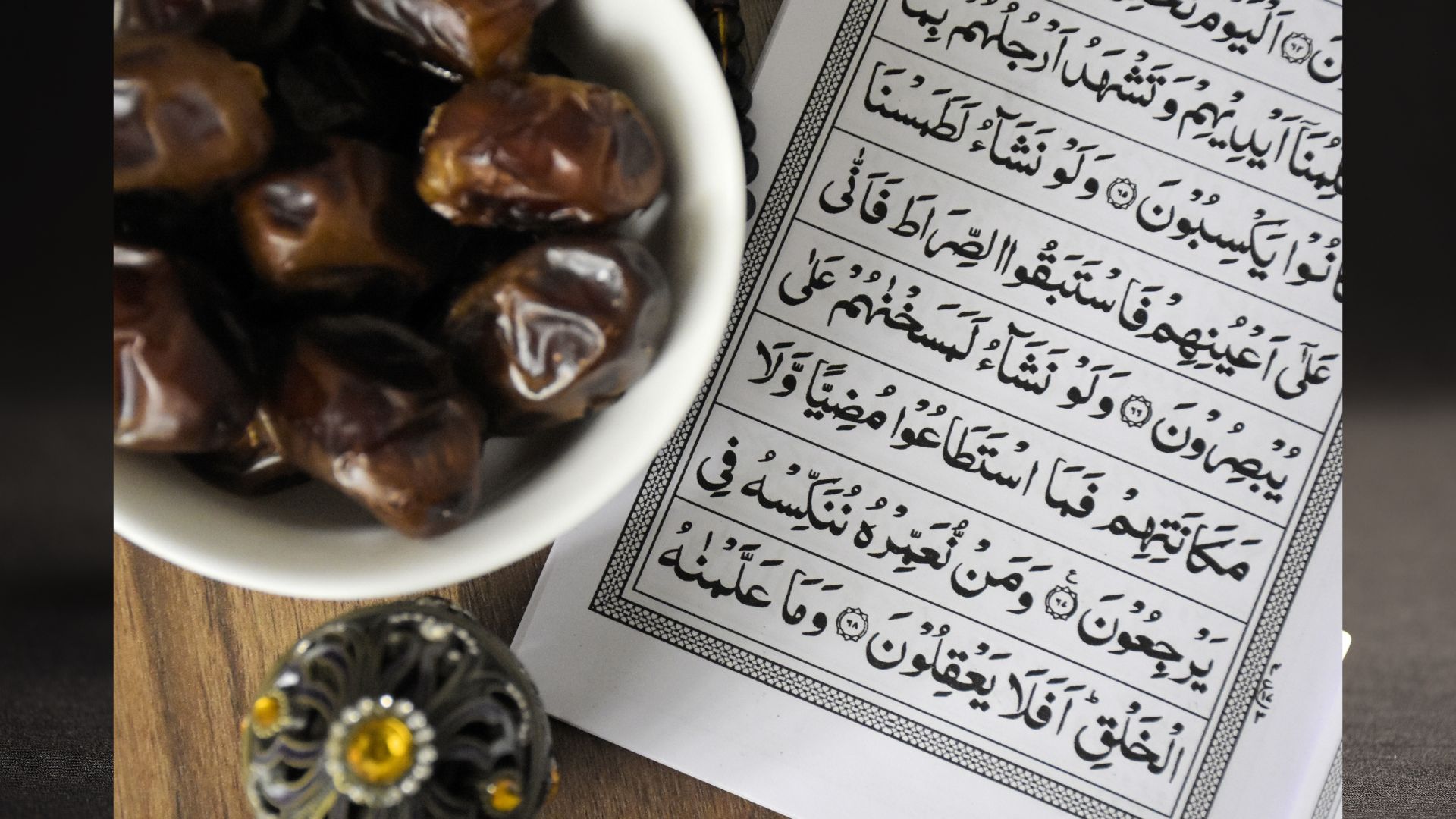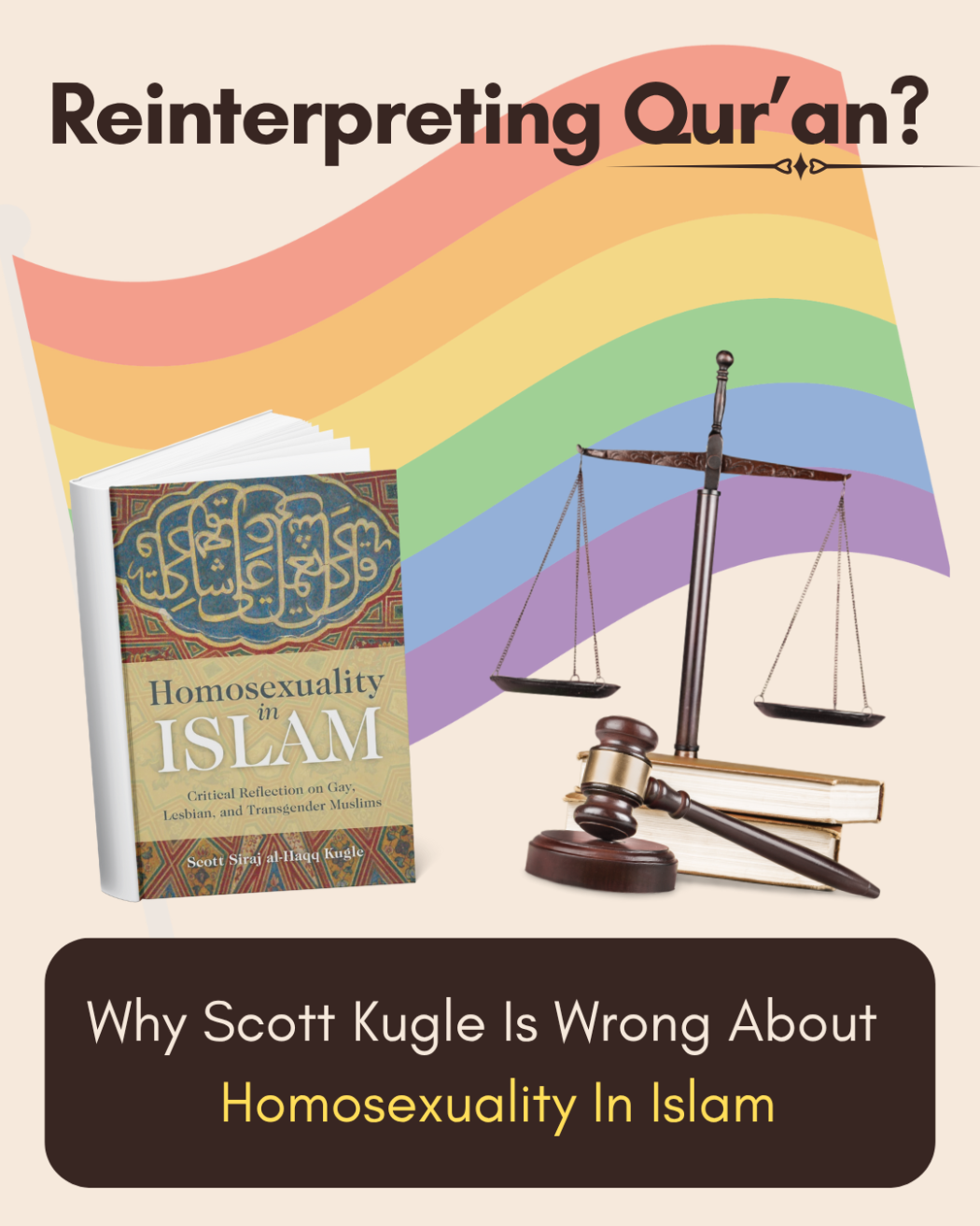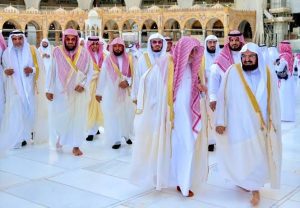What is obligatory regarding the texts of the Qur’an and Sunnah in relation to Allah’s names and attributes.
All praise is due to Allah; we praise Him; seek His help and ask His forgiveness. We seek refuge in Allah from the evil of our souls and our deeds, for whomever Allah has guided, none can lead astray, and whomever Allah has allowed to go astray, none can guide. I bear witness that there is no God worthy of worship besides Allah, who is alone without a partner, and I bear witness that Muhammad is His slave and Messenger.
﷽
Rule Number Three
There are four sub-categories concerning Allah’s Attributes:
1. All of Allah’s attributes are transcendent, attributes of perfection and praise, without any deficiency in any respect. For example, life, knowledge, ability, hearing, sight, wisdom, mercy, transcendence, etc. Based on the Almighty’s statement:
”And for Allâh is the highest description.” [Surah an Nahl : 60]
Wa lillāhi al-mathalu al-aʿlā.
وَلِلَّهِ ٱلۡمَثَلُ ٱلۡأَعۡلَىٰۚ (٦٠)
If the attribute represents deficiency without any element of perfection, it is absolutely inapplicable to Allah. For example, death, ignorance, inability, deafness, blindness, etc. Because the Almighty punishes those who attribute deficiency and imperfection to Himself and He exalted Himself is far above the deficiencies they attributed to Him due to the contradiction of deficiency to Lordship and sovereignty (Rububiyah). ;
If the attribute represents perfection from one aspect and imperfection from another its attribution will not be affirmed or rejected absolutely. Instead, there must be elaboration; it will be affirmed to Allah when it represents perfection and rejected when it represents imperfection. For example, plotting, deception, etc. Such an attribute represents perfection when it is in reciprocation for something similar because it indicates that the doer is not weak and powerless to do the same to his enemy. It indicates deficiency and imperfection in other situations besides this. Thus it is affirmed for Allah in the first case and negated in the latter. As in Allah’s statement:
”They were plotting and Allâh too was plotting, and Allâh is the Best of those who plot.” [Surah al Anfal: 30]
Wa makarū wa makarallāhu wa-Allāhu khayru al-mākirīn
وَيَمۡكُرُونَ وَيَمۡكُرُ ٱللَّهُۖ وَٱللَّهُ خَيۡرُ ٱلۡمَـٰڪِرِينَ (٣٠)
”Verily, they are but plotting a plot (against you O Muhammad. And I (too) am planning a plan.” [Surah at-Tariq : 15-16]
Innahum yakīdūna kaydan Wa akīdu kaydan
إِنَّہُمۡ يَكِيدُونَ كَيۡدً۬ا (١٥) وَأَكِيدُ كَيۡدً۬ا (١٦)
”Verily, the hypocrites seek to deceive Allâh, but it is He Who deceives them.’‘[Surah an Nisaa : 142]
Inna al-munāfiqīna yukhādiʿūna Allāha wa huwa khādiʿuhum.
إِنَّ ٱلۡمُنَـٰفِقِينَ يُخَـٰدِعُونَ ٱللَّهَ وَهُوَ خَـٰدِعُهُمۡ (١٤٢)
2. Allah’s attributes may be divided into two categories: affirmative/positive and negative.
The affirmative attributes are those that Allah affirmed for Himself, such as life, knowledge, and ability. They must be affirmed for Allah in the way appropriate for Him, because Allah affirmed them for Himself and He knows best regarding His attributes.
The negative attributes are those that Allaah negated from Himself, like injustice.
They must be negated from Allah because He negated them from Himself, but one must believe that their opposites are attributes of Allah from the most perfect perspective, because negation is not complete unless it contains an affirmation.
”And your Lord treats no one with injustice.” [Surah al-Kahf: 49]
Wa lā yaẓlimu rabbuka aḥadā.
وَلَا يَظۡلِمُ رَبُّكَ أَحَدً۬ا (٤٩)
It is obligatory to deny the attribution of oppression to Allah along with the belief in Allah’s attribute of perfect justice.
3. The affirmative attributes may be divided into two categories: Personal (thaatiyyah) and consequential (fi‘liyyah).
Personal attributes are those which were, are and will be attributed to Him, like “hearing” and “seeing”.
Consequential attributes are those related to His will; if He wishes He does them and if He does not wish, He does not do them, like His settling above the throne, or His coming.
It is possible for an attribute to be both personal and consequential from two different perspectives. For example, “speech”. From the perspective of the origin of the attribute it is personal because Allah was and is speaking.
While from the perspective of some [of His] speech, it is consequential because it is related to His will. He speaks what He wishes when He wishes.
4. Three questions may be asked about each and every one of Allah’s attributes:
i) Is the attribute to be understood literally and why? The answer is yes, because the basic principle for understanding speech is according to its literal meaning.
The literal meaning should not be avoided [by considering the attribute metaphorical] except if there exists authentic evidence which prevents us accepting the literal meaning. [For example, Allah states:
”And We are nearer to him than his jugular vein (by Our Knowledge).” [Surah Qaf : 16]
Wa naḥnu aqrabu ilayhi min ḥablil-wareed
وَنَحۡنُ أَقۡرَبُ إِلَيۡهِ مِنۡ حَبۡلِ ٱلۡوَرِيدِ (١٦)
This verse implies that Allah is within human beings since the jugular vein is inside the necks of humans. However, such a meaning would imply that humans may worship other humans and themselves, both of which acts are forbidden. Furthermore, Allah states elsewhere in the Qur’an that:
”They fear their Lord above them, and they do what they are commanded.” [Surah an Nahl : 50]
Yakhāfūna rabbahum min fawqihim wa yaf‘alūna mā yu’marūn.
يَخَافُونَ رَبَّہُم مِّن فَوۡقِهِمۡ وَيَفۡعَلُونَ مَا يُؤۡمَرُو (٥٠)
Prophet Muhammad (ﷺ) also declared a woman a true believer on the basis of her answering his question, “Where is Allah?” by saying that He is above the heavens.
ii) Is it possible to describe how it is and why? The answer is no, it is not permissible to describe how [Allah’s attributes are] due to the Almighty’s statement:
”They will never compass anything of His Knowledge.” [Surah Ta-ha: 110]
Wa lā yuḥīṭūna bihi ‘ilman
وَلَا يُحِيطُونَ بِهِۦ عِلۡمً۬ا (١١٠)
The human mind cannot comprehend how Allah’s attributes operate. [For example, human beings can hardly understand how they see; how the upside down image that strikes the retina at the back of the eye is transformed into signals which are read by the brain. To understand how Allah (ﷻ) sees without eye apparatus, etc. is impossible.]
iii) Does it resemble human characteristics and why? The answer is no, the divine attributes do not resemble the attributes of created beings, as the Almighty said:
”There is nothing like Him” [Surah Ash Shura : 11]
Laysa kamithlihi shay’
لَيۡسَ كَمِثۡلِهِۦ شَىۡءٌ۬ۖ (١١)
Allah (ﷻ) deserves absolute perfection, thus it is not possible for Him to resemble the creation because it is imperfect.
The difference between resemblance (tamtheel) and how (takyeef) is that “resemblance” describes how an attribute is in relationship to something similar to it, while “how” (takleef) describes how an attribute is without limiting it to something similar. For example, to say that Allah’s hand is like a human hand is “resemblance”, while to imagine a description of Allah’s hand different from any of the hands of the creatures is “how”. This imaginary description is forbidden [because it is not based on knowledge, and whatever the human mind imagines is based on what it observed with its senses from the creation. Consequently, the imagined hand would be a composite of created characteristics, meaning that Allah’s hand would be made similar to the characteristics of His creatures.]
The Bottom Line
Perfection and Praise: All of Allah’s attributes are perfect and free of any deficiency. Attributes representing imperfection, like ignorance or injustice, do not apply to Allah. Attributes that can be both perfect and imperfect (e.g., plotting) are affirmed only when they represent perfection.
Affirmative and Negative Attributes: Affirmative attributes like knowledge and ability are affirmed as described in the Qur’an and Sunnah. Negative attributes, like injustice, are denied because Allah has negated them, affirming their opposites as attributes of perfection.
Categories of Attributes: Personal attributes (e.g., hearing) always belong to Allah. Consequential attributes (e.g., Allah’s actions) depend on His will. Some attributes, like speech, are both personal and consequential from different perspectives.
Understanding Attributes: Attributes must be understood literally unless clear evidence suggests otherwise.; It is not possible to comprehend how Allah’s attributes function.; Allah’s attributes do not resemble those of creation, as He is absolutely unique and perfect.
Conclusion: Allah’s attributes must be understood as described in the Qur’an and Sunnah, without distortion or comparison, affirming His absolute perfection and uniqueness.
Bibliography and History of the sources
ابن قيم الجوزية | Lumu’at-ul-I’tiqaad | The Radiance of Faith by Ibn Qudamah al-Maqdisi
1373: Dated handwritten manuscript by ‘Umar ibn Ghaazee ‘Alee al-Maqdisee al-Hambalee.
1919: Published by at-Taraqqee Press, Damascus.
1972: Shaykh Al-‘Uthaymeen’s commentary was published.
1983: Introduced in first year high school curriculum of the religious institutes (al-Ma‘aahid al- ‘Ilmiyyah) in Saudi Arabia.
1995: Third edition of Al-‘Uthaymeen’s commentary edited by Ashraf ibn ‘Abdil-Maqsood is published and used ‘Aqeedah and Manhaj classes at the Abu Hurayrah Mosque in Sharjah, UAE.
2002: Radiance of Faith Leading to The Path of Guidance – a commentary by Dr. Abu Ameenah Bilal Philips, used in ‘Aqeedah II course of the BA in Islamic Studies program, Preston University, Ajman, UAE.Interpretation of the Meaning of the Noble Qur’an in the English Language by Dr. Muhammad Muhsin Khan | Dr. Muhammad Taqi-ud-Din Al-Hilal










 Allah’s Names and Attributes: Main Rules 4/4
Allah’s Names and Attributes: Main Rules 4/4 Allah’s Names and Attributes: Main Rules 2/4
Allah’s Names and Attributes: Main Rules 2/4









